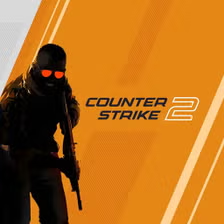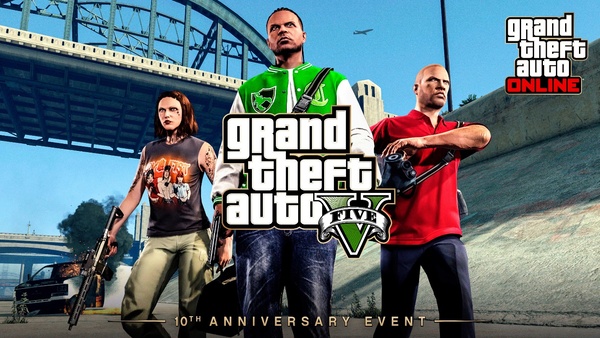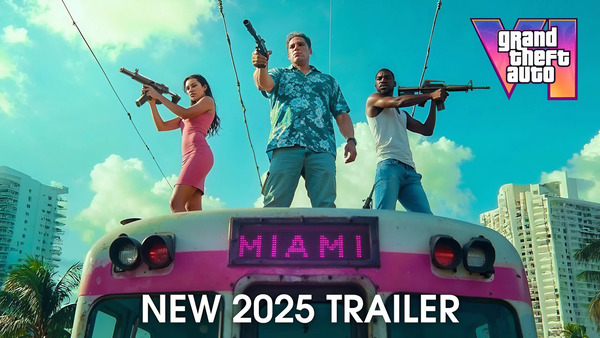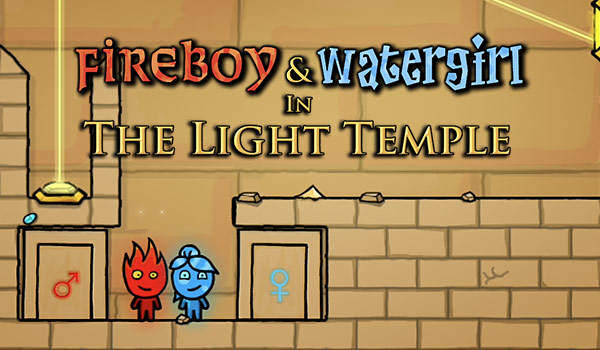Dune: Awakening is an upcoming open-world survival MMO that transports players into the treacherous sands of Arrakis, a world both beautiful and brutal. Inspired by Frank Herbert’s legendary Dune saga, the game promises to deliver an experience that fuses deep survival mechanics with MMO world-building, set in one of the most politically and environmentally volatile sci-fi universes ever imagined. From managing spice to surviving colossal sandworms, Dune: Awakening is poised to redefine the survival genre.
The Origins of Dune: Awakening and Its Sci-Fi Legacy
Dune: Awakening stems from the acclaimed Dune franchise, a cornerstone of science fiction literature and cinema. Funcom, the game’s developer, draws upon decades of lore and thematic richness to craft a survival MMO that stays true to the universe’s core concepts. The game's vision blends the intrigue of politics, resource control, and ecological tension.
Frank Herbert’s Dune universe has inspired many games before, but none have fully captured its scale and danger. Dune: Awakening aims to change that, with a persistent online world that mirrors the unforgiving and politically charged landscape of Arrakis.
A New Chapter in Dune Gaming
This game stands as a spiritual successor to both Dune 2000 and the RTS classic Emperor: Battle for Dune, but with an entirely new genre shift. It brings the Dune legacy into the modern age with real-time multiplayer mechanics and open-world survival gameplay.
Gameplay Mechanics in Dune: Awakening Explained
Dune: Awakening is not a typical MMO—it’s a hybrid experience blending open-world survival with sandbox MMO elements. You’ll explore vast dunes, build shelters, and craft tools and weapons while managing your health, hydration, and spice exposure.
Players start as survivors who have crash-landed on Arrakis. Unlike scripted missions, players must decide how to navigate the world’s dangers. Core gameplay involves foraging, crafting, building, combat, and forming alliances—or betraying them.
Unique Survival Systems
- Hydration Management – Water is life. Players must harvest it from dew collectors or kill for it.
- Spice Addiction – The longer you harvest spice, the more your character becomes addicted, unlocking powers but also needing consistent spice intake.
- Dynamic Sandstorms – Random and violent weather that changes visibility, causes disorientation, and can destroy unprotected camps.
Arrakis as an Open World – Setting and Exploration
Arrakis is the central character in Dune: Awakening. The desert is procedurally generated, featuring iconic locations like Sietches, Spice Fields, and deep desert zones with emergent threats.
Unlike many survival games that rely on forests or islands, Dune: Awakening’s unique terrain poses constant risk. Players must build their settlements strategically to avoid the deadly path of sandworms, or lose everything in seconds.
Exploration Features
- Ornithopters – Fly above the sand to scout or escape.
- Sietch Settlements – Hidden hubs that serve as quest zones, trade centers, or political strongholds.
- Cave Systems – These serve as temporary shelter or spice harvesting areas and contain secrets and dangers alike.
Crafting and Resource Management in Dune: Awakening
Crafting is a core feature of Dune: Awakening. Everything from your clothing to your weapons and base must be hand-crafted using harvested or stolen materials. Unlike traditional MMOs, there’s no simple “loot drop” system. Instead, you refine what you find or trade.
The game includes a multi-tier crafting system where players must:
- Mine or scavenge materials
- Build crafting stations
- Experiment with tech blueprints
- Defend their assets from other players
Resource Types
- Spice – Primary currency and skill-enhancing drug
- Water – Essential for survival and trade
- Solar Panels, Alloys, and Rare Minerals – Required for base upgrades and vehicles
Combat and Faction Warfare in Dune: Awakening
Combat in Dune: Awakening involves both PvE and PvP mechanics. Players can engage in small-scale skirmishes or large clan wars over spice fields and territory.
Combat blends melee, ranged weapons, and stealth systems. You can customize your combat style based on your choice of gear, spice mutations, and tech implants.
Factional Conflict System
- Players align with groups like House Atreides, House Harkonnen, or smugglers.
- Factions provide exclusive quests, weapons, and perks.
- Weekly spice wars occur over resource-rich areas, encouraging large-scale battles.
Base Building and Defense Mechanics
Building a base is critical for long-term survival. Players can create hideouts in caves, build fortresses on rock outcrops, or form communal settlements. However, every structure must be maintained, upgraded, and defended.
Bases are destructible. Sandworms, raiders, or rival players can decimate poorly built shelters. It’s not just about building—it’s about building smart.
Base Features
- Turrets and Drones for defense
- Spice Refineries to process gathered spice
- Hydration Centers that convert sand moisture to water
- Barracks and Trade Posts for recruiting and trading with NPCs
Character Customization and RPG Progression
Unlike linear MMOs, Dune: Awakening allows players to forge their own identity. Character creation includes physical customization, origin stories, and ideological alignment (science, survival, warfare, diplomacy).
As you play, your character evolves based on choices:
- Addiction to spice can unlock visions and precognition
- Aligning with Fremen or Harkonnen unlocks unique tech trees
- Your role can shift from scavenger to warlord or diplomat
Skill Progression System
- Stealth, Engineering, Combat, Negotiation
- Ability trees unlocked through gameplay milestones
- Equipment and spice effects modify abilities
Multiplayer and Social Interaction in Dune: Awakening
Social dynamics are a key feature of the game. Whether forming spice-harvesting co-ops or betraying allies in sandstorm ambushes, interaction shapes your survival experience.
The game features global events where players must either collaborate or compete. This may include mass worm hunts, defending a Sietch from raiders, or competing for rare tech drops.
Social Systems Include
- Voice proximity chat for immersion
- Voting systems for leadership in player-made factions
- Auction houses and black markets
- Political intrigue mechanics such as spying and sabotage
Graphics, Audio, and Immersive Design
Dune: Awakening uses Unreal Engine 5, resulting in an astonishing level of visual fidelity. The sand moves with every step, storms ripple across the horizon, and the light from Arrakis’s twin moons reflects off your armor.
The sound design is immersive, with orchestral tracks echoing Hans Zimmer’s influence and soundscapes shifting based on time of day or weather. Voice acting and ambient sounds like worm roars and windstorms deepen the experience.
Immersive Details
- Day-night cycles affect gameplay visibility and NPC behavior
- Dynamic music that changes with combat, exploration, or stealth
- Environmental storytelling with ancient ruins and derelict spice rigs
Conclusion:
Dune: Awakening isn’t just a game—it’s a living, breathing ecosystem of danger, alliance, betrayal, and survival. By faithfully adapting the intricate lore of Frank Herbert’s world into a survival MMO, Funcom has built something daring and different. As players prepare to dive into the spice-infused sands of Arrakis, one thing is certain: only the strong will survive, and only the cunning will rise.



























